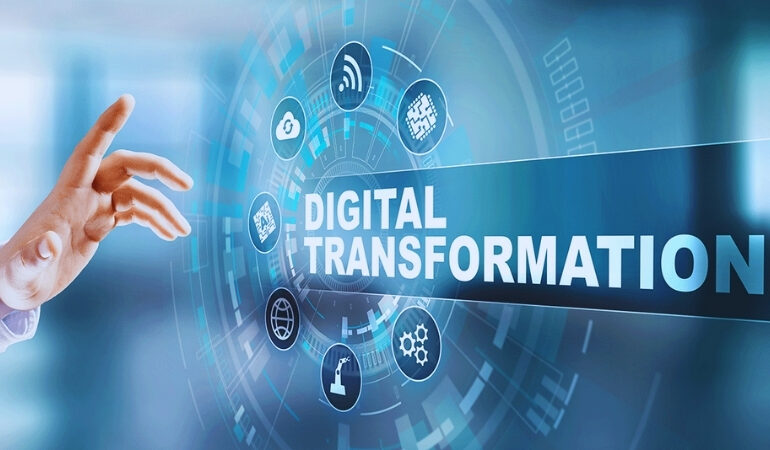Digital Transformation in India: A Journey Towards a Digital Economy

Digital transformation is the process of leveraging digital technologies to fundamentally change the way businesses operate and interact with customers. India, with its large population and growing internet penetration, has embarked on a significant digital transformation journey. This article explores the key trends, challenges, and opportunities associated with digital transformation in India.
Key Trends in Digital Transformation
- E-Government Initiatives: The Indian government has been actively promoting e-government initiatives to improve service delivery and enhance transparency. Digital platforms are being used for various government services, such as online payments, citizen grievances, and land records.
- Rise of Fintech: The fintech sector in India has witnessed rapid growth, with innovative digital solutions for payments, lending, and wealth management. Digital payments have become increasingly prevalent, driven by initiatives like UPI (Unified Payments Interface).
- E-commerce Boom: E-commerce has experienced significant growth in India, with a wide range of products and services available online. Online marketplaces, logistics providers, and payment gateways have played a crucial role in driving this growth.
- Digital Health: The healthcare sector is embracing digital technologies to improve patient care, access to healthcare services, and medical research. Telemedicine, electronic health records, and AI-powered diagnostics are some of the key areas of focus.
- Smart Cities: Indian cities are undergoing rapid urbanization, and many are adopting smart city initiatives to improve infrastructure, enhance citizen services, and promote sustainable development.
Challenges and Opportunities
- Digital Divide: Despite significant progress, there is still a digital divide in India, with rural areas and marginalized communities having limited access to digital technologies. Bridging this divide is crucial for inclusive digital transformation.
- Cybersecurity Concerns: As India becomes increasingly digital, cybersecurity threats are on the rise. Protecting sensitive data and infrastructure is a major challenge.
- Skilled Talent Shortage: The digital transformation journey requires a skilled workforce with expertise in areas such as data analytics, cloud computing, and cybersecurity. Addressing the talent shortage is essential for successful implementation.
However, the challenges also present significant opportunities:
- Job Creation: Digital transformation can create new jobs and economic opportunities, particularly in the technology sector.
- Improved Efficiency: Digital technologies can streamline processes, reduce costs, and improve efficiency across various industries.
- Enhanced Customer Experience: Digital transformation can enable businesses to provide personalized and seamless customer experiences.
Conclusion
Digital transformation is a critical driver of economic growth and development in India. By embracing digital technologies and addressing the challenges, India can position itself as a global leader in the digital economy. The government’s initiatives, the growth of fintech and e-commerce, and the increasing adoption of digital solutions across various sectors are promising signs of India’s digital future.








